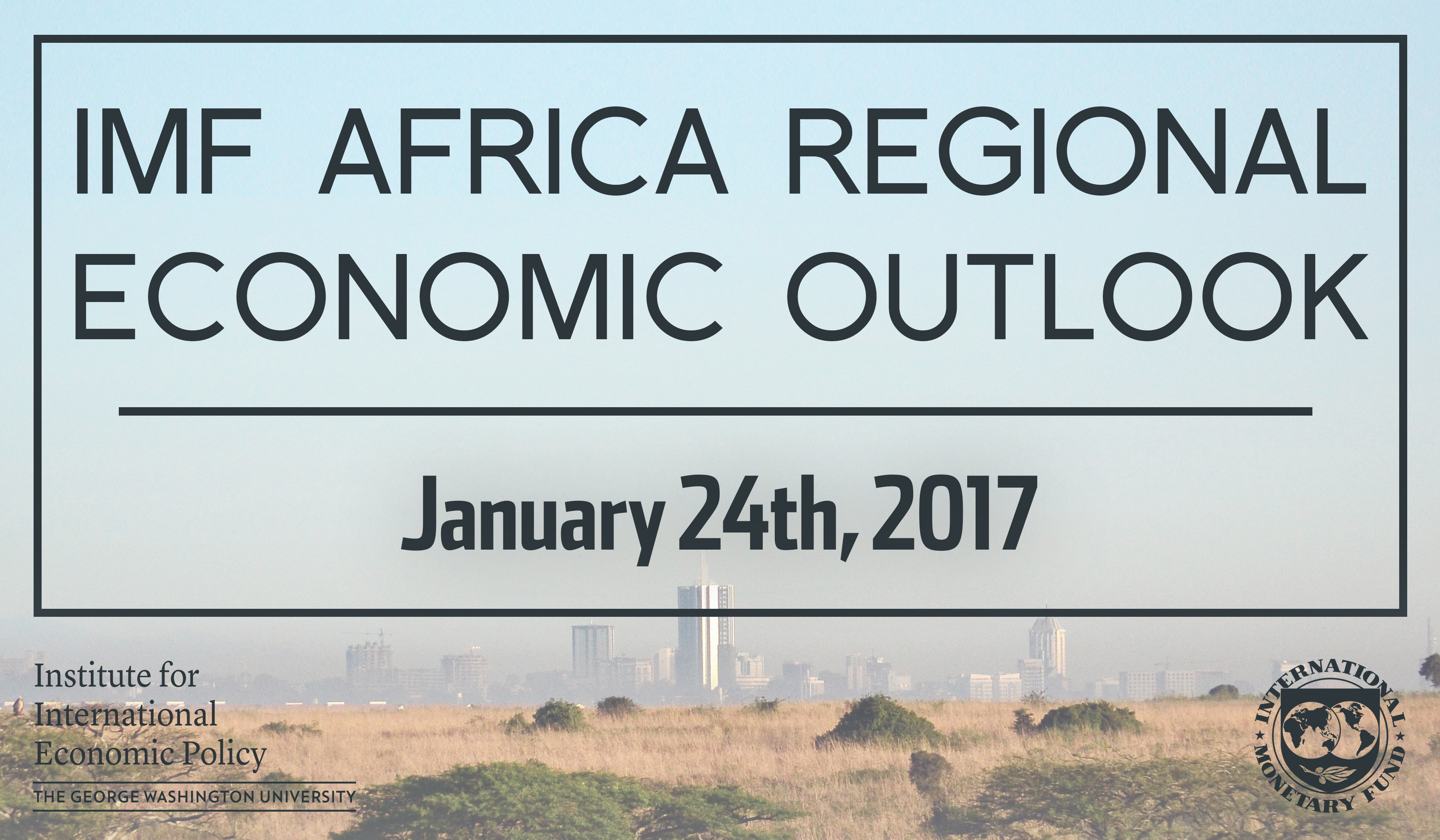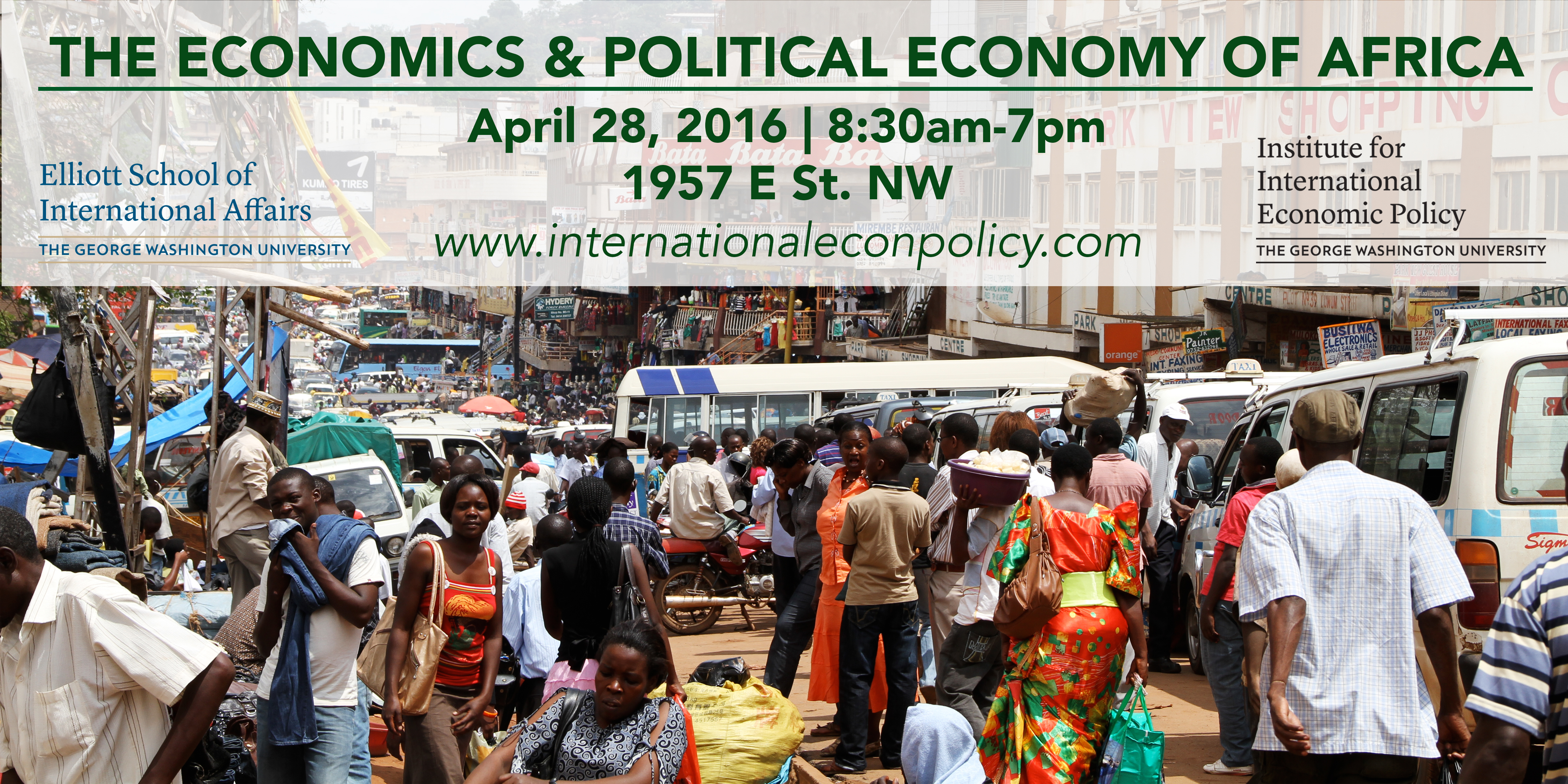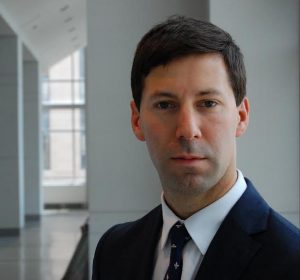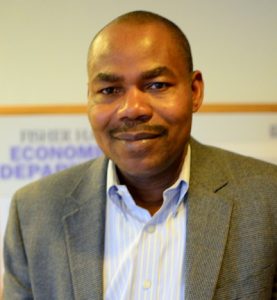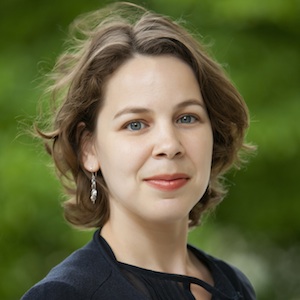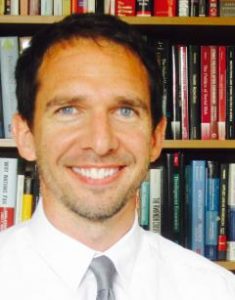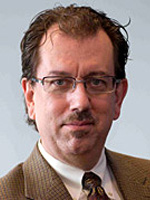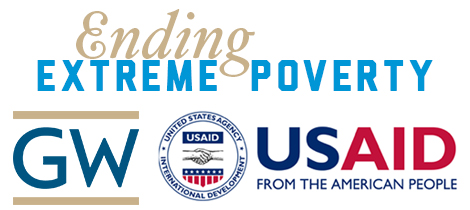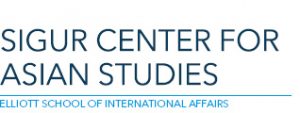Originally published 1/28/2022
Enlightenment Now: The Case for Reason, Science, Humanism and Progress, by Steven Pinker, New York: Viking, 2018.
Steven Pinker’s Enlightenment Now: The Case for Reason, Science, Humanism and Progress is a remarkable book. It offers a concise summing up of ideas of the Enlightenment. Subsequent scientific discoveries, research and accumulated data are deployed in defense of the Enlightenment – and its associated ideas of progress in history – with great force of argument. The book offers a compelling perspective on the human project of building a better world, drawing on two centuries of improvements in individual wellbeing; this is placed in a contemporary social context, offering an insightful diagnosis of current social problems, and proposed applications of Enlightenment ideas as a basis for addressing them. The book has limits; Pinker’s sometimes narrow reading of the economics literature leads him to underestimate the scope of challenges to addressing problems including extreme inequality. But even adding the needed nuances – and acknowledging the salience of some existential threats – still leaves a strong case for predicting continued human progress. As one would anticipate, Pinker’s science-championing case for the existence of progress is evidence-based; this represents about three quarters of the book. He argues that history since the Enlightenment represents improvements in essentially every human dimension, and mostly on this basis he predicts that these trends will continue. He presents data from a variety of sources showing social progress along many dimensions – a picture that specialists may take for granted but the majority of other readers are unlikely to be (fully) familiar with, including improvements in life expectancy, incidence of diseases, indicators of food insecurity, education levels, poverty, average income and working conditions.
In a broad review of historical trends, Pinker discusses a range of indicators of progress. In the category of harm reduction this includes much reduced incidence of wars, use of cruel and capital punishment, and violence in general. In expansion of human wellbeing this includes improved measured happiness and the greater extent of democracy and rights. For some of his points, he seems more vulnerable to a critique of simple extrapolation into the future, at a moment when there are reasons to anticipate a discontinuity, or major regime change. Pinker acknowledges that we face substantial challenges; but relies too much on an arguement that current problems can be viewed as similar to ones that humanity has successfully overcome in the past.
Pinker makes the claim of progress also for the extent and stability of legal environmental protections. It is reasonable to argue on the basis of history that protections and many improvements, for example under US law, will ultimately prove resilient, supported by continued rapid growth of knowledge – despite renewed political opposition in the U.S. Pinker acknowledges that we will be strongly challenged by climate change, and by the political difficulties in establishing and then enforcing international agreements. But he does not sufficiently explain and explore the qualitative difference between addressing externalities in a country and global public goods to demonstrate that his arguments are fully developed. The difficulties of providing needed global public goods represent a serious threat to continued progress. While there is plenty of room for optimism, success is too far from guaranteed to be convinced solely by the arguments here.
If there are well-defined mechanisms leading to the prediction of a permanent positive slope to the process of progress, then it would be advantageous for it to be spelled out more explicitly and precisely. In the meantime, Pinker relies primarily on his interpretation of the historical experience that in the past humans have repeatedly successfully risen to the main challenges of the day. He makes this argument as well as anyone; but the argument is still an inherently limited one. However, Pinker’s arguments for a virtuous cycle of progress, though not fully spelled out, do suggest one plausible mechanism: that education drives progress in moral as well as other spheres, and that the historical process put into place by the Enlightenment drives further education. (In principle, this could be modeled, and tested in its implications.) Education has already been demonstrated to have many positive effects; these include increased income, health, longevity, freedom of choice, and happiness; and reduced criminal behavior and other social pathologies.
In the chapter on education, Pinker refers to attitudinal evidence that “educated people really are more enlightened, less racist, sexist, xenophobic, homophobic, and authoritarian. They place a higher value on imagination, independence and free speech. They are more likely to vote, volunteer, express political views, and belong to civic associations… they are also likelier to trust their fellow citizens.” Thus Pinker’s view is that through education, rationality can be nurtured in individuals; and that both education and rationality appear to grow and develop together in societies over time.
For the education sector, Pinker emphasizes training in rational critical thinking; and learning about how to recognize and counter cognitive biases – which, he points out, must be done in a pedagogically viable matter or otherwise may be a waste of time. Daniel Kahneman, the Nobel laureate in Economics, along with other behavioral economics researchers, have identified many cognitive biases. One of the most consequential is confirmation bias, the human propensity to accept data or arguments that fit with our own opinions, much more rapidly than those that are contrary to them. But with proper motivation, most likely in an educational setting, by learning about these biases and practicing methods to counteract them, individuals can get to the truth much more quickly.
Pinker supports requiring students to explain the reasons for their opinions, which in itself may make people conscious of implicit assumptions, and problems in their own thinking of which they were unaware. Another tactic is requiring students to have experiences taking each side of debates, particularly switching sides in the middle of a debate. These approaches assume that teachers who are committed to rationality will (continue to) design and manage the educational system. Relying on school lessons may be a very gradual process for making progress indeed. Pinker repeatedly points out the greater degree of rational thinking among millennials (so far) than among boomers. In fact, at one point in the book he suggests that progress is made one funeral at a time. I doubt I have ever a read a sentence so simultaneously optimistic and gloomy…
Pinker emphasizes that the case for science rests both on the inherent value of knowledge, and the fact that science is a necessary foundation for almost all other forms of progress on human wellbeing. His case for humanitarianism is well presented, drawing on the philosophies of Spinoza, Kant, Hobbes, Rawls, Sen, and Nussbaum, among others (even if the effect may be more to cheer up and energize the children of the Enlightenment than to convince anyone else). However, in matters such as the impacts of extreme inequality, Pinker does not seem to take into account the full arguments and implications of Rawls, Sen, and others. The book tries to be global in perspective and it is because of the limitations of data that the evidence may be viewed as relatively weighted toward recent Western history. Given that, I did not think he was as overly relying on European history as a guide as it might otherwise appear. He argued that enlightenment themes had emerged in other cultures in other times; and that the positive trends over the last
two or three centuries that he cited apply not just to the west but also to the “rest,” at least wherever data were available.
In his chapter on reason, Pinker deserves credit for featuring so prominently a theory that makes his case for the near-inevitability of progress more challenging. He explains Dan Kahan’s important cultural cognition theory that the problem of people holding onto false beliefs goes further in its implications than the well-known confirmation bias problem discussed earlier, that people give more weight and indeed seek out evidence that supports their prior beliefs and less weight to evidence that is contrary to their prior beliefs. Pinker reviews literature explaining how the problem
is even more difficult to solve; and can lead to higher social costs in that the costs of cognitive bias-related behavior are potentially far higher than individual costs to those who hold or espouse them.
Pinker cites Kahan as saying that beliefs can become symbols of cultural allegiance; and that people either confirm or deny the beliefs they hold in order to express who they are – not what they know. Moreover, a given belief – depending on how that belief is framed and who are seen to support it – can become a way of expressing and demonstrating allegiance to one cultural group. And that in this sense a belief signifies not factual understanding but rather the fact of sharing values of a group with which one identifies. As a result, if one belief is associated with the beliefs of a person’s own social-identity group, they will have a strong tendency to accept it and downplay even strong arguments against it. Beliefs commons are apparently amplified with social media, as with resurgent climate denialism. Since the book was published, more examples have emerged, such as beliefs in the ineffectiveness (or even harm) of wearing a mask, dangers of covid vaccines, and imaginary voting machine conspiracies. In Kahan’s approach, the failure of people to acknowledge the validity of scientifically demonstrated results does not signify their ignorance, let
alone stupidity.
Importantly, Pinker notes Kahan’s argument that this behavior can be understood as rational and self-interested; and that the result can be a kind of large scale market failure that Kahan calls the “tragedy of the belief common.” The analysis essentially compares the benefits and costs of adopting scientifically false beliefs for an individual, with costs and benefits for society as a whole. For example, if a social conservative were to express that he accepts the evidence on human-caused global warming, then the benefits to him personally are very small, in that almost no one can individually have an effect on major policies such as those to address climate change. But the costs for the individual expressing them may be substantial, if it makes him appear not to be a fully committed member of his social-identity group. Thus the individual costs for making a statement that he knows to be factual, but that is considered almost heretical in his group, may be much larger than the benefits to the individual. And the result may be that everyone in that group (let alone others) is harmed, such as by extreme impacts of climate change in the future. But there remains room for optimism, in that if Kahan has identified a fundamental “social cognitive bias trap” then it should be to our benefit that we are more aware of it, so that we can begin to address it.
Pinker notes that unscientific beliefs – such as that there is no global warming – are not perfectly correlated with other scientific assessments for which evidence is strong. This is a reason for some optimism. Pinker states that people may change their mind sometimes quickly and sometimes at the same point as others in their group changed their minds when the evidence becomes very strong, such as when it becomes something that they can see directly. This could represent a kind of rapid shift from one stable equilibrium to another. A partly complementary explanation is the role of social signaling. It is costly for a person to adopt scientifically illiterate positions (such as climate denialism) if they have important relationships outside their belief commons group – even though taking such stands can establish their membership credentials among others in the belief commons. But to the extent adopting unscientific beliefs harms a person’s standing outside their (narrower) social reference group, they would be glad to abandon their public adherence to it. Thus if that signal starts to become less salient to group membership, they may be happy to stop sending it as soon as possible…
Regarding the dramatic progress against extreme poverty, Pinker’s accurate criticism of the fallacy of conflating absolute poverty with relative inequality is necessary and important. Discussing changes in inequality as if they were the same as changes in poverty is a fundamental error made in many discussions about matters of progress. Indeed this point can be argued even more strongly than in the book. This may have helped readers to appreciate the gains against poverty, on which – fortunately – Pinker is largely correct. Although he relies on limited sources, a wider survey would have further strengthened the case that progress against poverty has been stunning and historic.
On the other hand the weight of the evidence thus far shows that high and rising inequality do in fact pose other fundamental problems to society and the economy. Unfortunately, Pinker followed his good presentation of gains against poverty with a discussion of inequality that appeared to show a lack of appreciation of mechanisms by which extreme inequality poses genuine risks to society, democratic polity, and economic growth. There is no mention of the strong evidence that these negative effects have occurred both historically and recently. Pinker draws on only a very select part of the literature on the negative impact of inequality on growth, such as some work by sociologists, whom he says “most damagingly” drives a nail in the coffin of the idea of negative effects of inequality. In recent years, economics has been able to expand its causal analysis, including not only results of randomized controlled trials, but also through a range of well established statistical methods that can be “as good as random.” Using such methods, rigorous, convincing economic studies have confirmed that extreme inequality slows growth and retards the progress of other indicators of human wellbeing, including health. The effects of inequality can operate over the very long term, such as by leading to socially unproductive institutions that are very difficult to alter; and by driving the particular direction of technology in ways that can cause lasting harm. No society can be said to be immune to stagnation traps.
Moreover, Pinker’s evidence – from limited sources – that people are concerned about their absolute wellbeing and not with fairness or with relative comparisons also misses convincing evidence from both psychology and economics that people do indeed care very much about their relative standing, and will in effect give up money to be in a less unequal environment. And while of course perceptions of relative status and unfairness are not identical and should not be conflated, research has separated these concepts carefully and concluded that each are important and can have negative effects. Pinker concludes over-emphatically stating that “Economic inequality, then, is not itself a dimension of human wellbeing.” This is not just a matter of perspective; it is an empirical question, and a topic being studied with ever-improving research methods. One would not make such a statement about the structure of Jupiter, or some other subject on which active research continues, let alone when it contravenes the weight of the evidence to date. Thus, ironically, this part of the book seemed more “ideological” than scientific. In addition to the empirical evidence, from a philosophical viewpoint Pinker’s earlier presentations of ideas of Rawls, Sen, and Nussbaum, are not followed up for their explicit implications for the individual harm caused by extreme inequality, in my reading making this after all an essential dimension of wellbeing. Hopefully, Pinker’s tangent will not lead readers to assume there must be something wrong with the many other parts of the book that he got right.
A couple more quibbles: Although the existential risk of artificial general- (or super-) intelligence is outside both his and my expertise, I thought Pinker underestimated the risks. In my reading, he downplayed them to a greater extent than some of the experts he counted as in the not-worrying camp. The timing of the concerns may be further in the future than some project, but it is a challenge unlike any other that humanity has faced. In a more general sense, his arguments rely on the assumption that several other existential risks are also not high. And social acceptance of the findings of science, including those necessary to address deep challenges, is not guaranteed. The strength of reaction could potentially continue to grow stronger, the more “threatening” the advances of science become to some world-views. This type of reaction can be found in developing and developed societies alike.
However, Pinker’s examples of successful progress toward more civilized norms and behaviors over time are numerous and impressive. One reason this is important is that it became difficult to defend the idea of moral progress after the Holocaust and other horrors of the 20th Century. This book provides a perspective that deserves attention, as Pinker presents data showing different forms of progress over the decades and centuries. For example, violence, wars, and genocides have been steadily decreasing, when viewed over a sufficiently long time horizon.
Despite a few drawbacks from an economics perspective, and some overly stretched conclusions, this is a very important book, and I have been recommending it very widely.
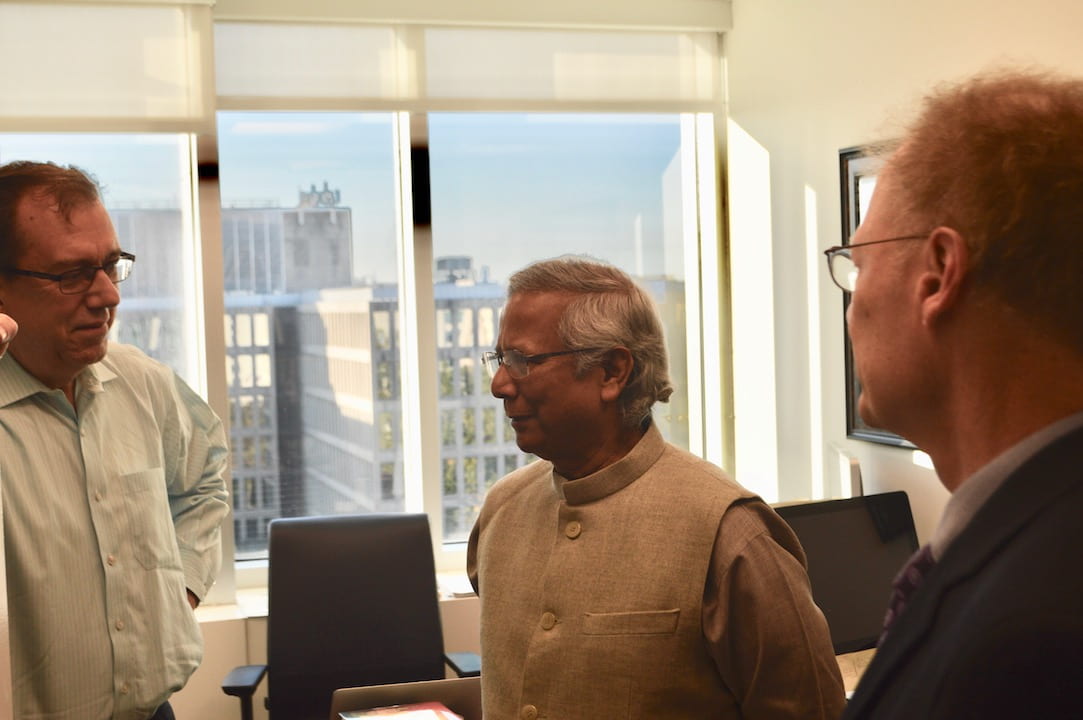
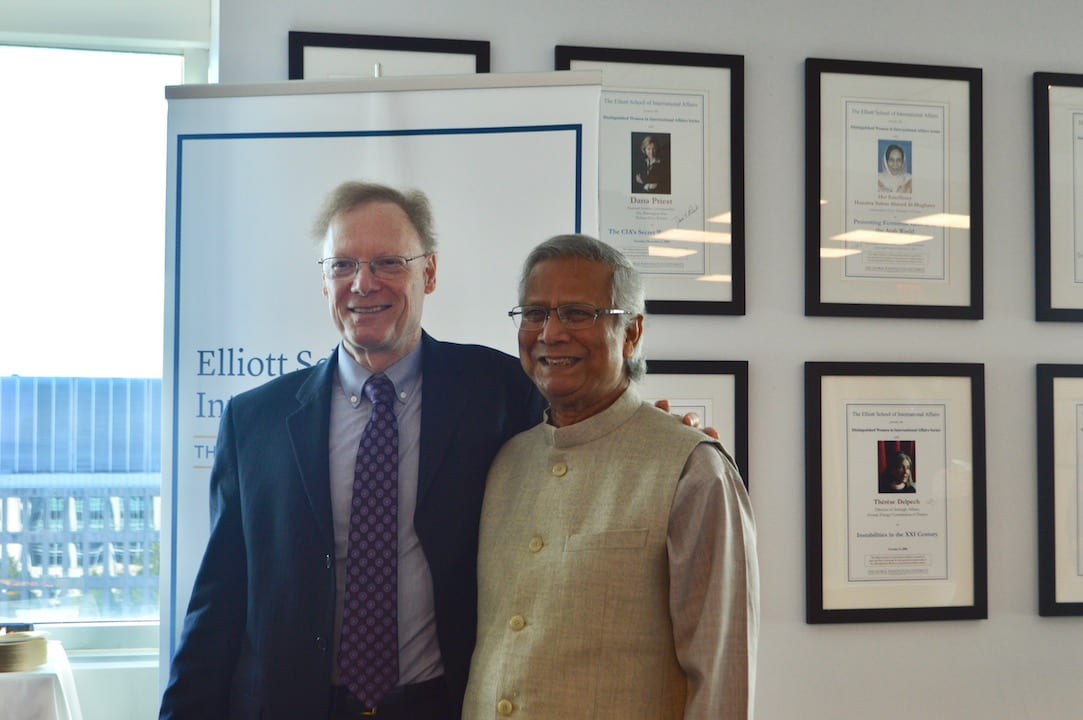

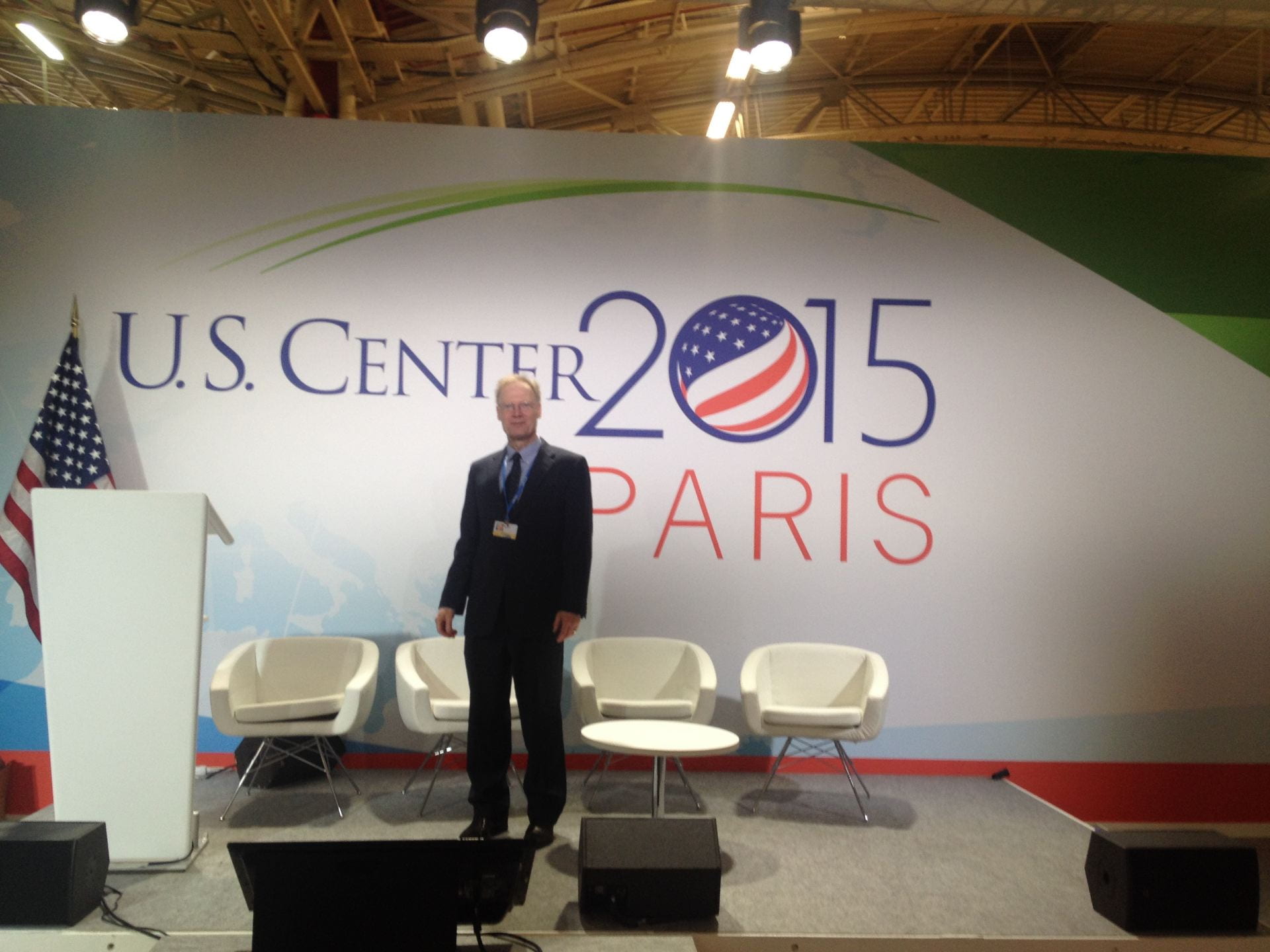

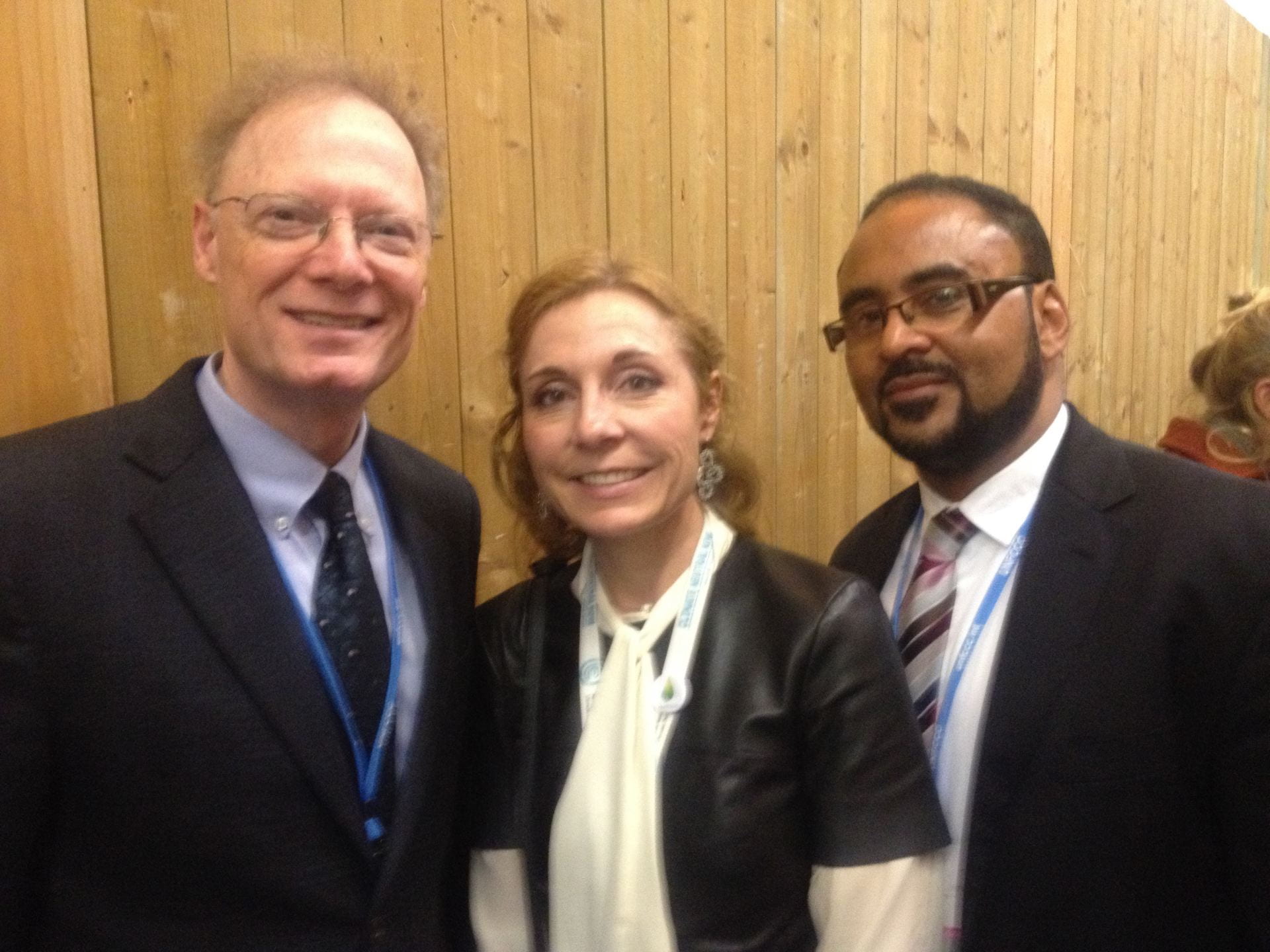
 James E. Foster is the Oliver T. Carr Professor of International Affairs and Professor of Economics at the George Washington University. He received his Ph.D. in economics from Cornell University and holds a Doctorate Honoris Causa from Universidad Autónoma del Estado de Hidalgo (Mexico). Professor Foster’s research focuses on welfare economics — using economic tools to evaluate and enhance the wellbeing of people. His joint 1984 Econometrica paper (with Joel Greer and Erik Thorbecke) is one of the most cited papers on poverty. It introduced the FGT Index, which has been used in thousands of studies and was employed in targeting the Progresa CCT program in México. Other research includes work on economic inequality with Amartya Sen; on the distribution of human development with Luis Felipe Lopez-Calva and Miguel Szekely; on multidimensional poverty with Sabina Alkire; and on literacy with Kaushik Basu. Foster regularly teaches introductory and doctoral courses on international development and each spring joins with Professor Basu in presenting an undergraduate course on Game Theory and Strategic Thinking, to which staff and Board members of the World Bank are also invited. Professor Foster is also Research Fellow at the Oxford Poverty and Human Development Initiative (OPHI), Department of International Development, Oxford University, and a member of the Human Capital and Economic Opportunity (HCEO) Working Group, Becker Friedman Institute for Research in Economics, University of Chicago. He also previously served as an Advisory Board Member on the World Bank’s Commission on Global Poverty.
James E. Foster is the Oliver T. Carr Professor of International Affairs and Professor of Economics at the George Washington University. He received his Ph.D. in economics from Cornell University and holds a Doctorate Honoris Causa from Universidad Autónoma del Estado de Hidalgo (Mexico). Professor Foster’s research focuses on welfare economics — using economic tools to evaluate and enhance the wellbeing of people. His joint 1984 Econometrica paper (with Joel Greer and Erik Thorbecke) is one of the most cited papers on poverty. It introduced the FGT Index, which has been used in thousands of studies and was employed in targeting the Progresa CCT program in México. Other research includes work on economic inequality with Amartya Sen; on the distribution of human development with Luis Felipe Lopez-Calva and Miguel Szekely; on multidimensional poverty with Sabina Alkire; and on literacy with Kaushik Basu. Foster regularly teaches introductory and doctoral courses on international development and each spring joins with Professor Basu in presenting an undergraduate course on Game Theory and Strategic Thinking, to which staff and Board members of the World Bank are also invited. Professor Foster is also Research Fellow at the Oxford Poverty and Human Development Initiative (OPHI), Department of International Development, Oxford University, and a member of the Human Capital and Economic Opportunity (HCEO) Working Group, Becker Friedman Institute for Research in Economics, University of Chicago. He also previously served as an Advisory Board Member on the World Bank’s Commission on Global Poverty. Jennifer G. Cooke is director of the Institute for African Studies at The George Washington University Elliott School of International Affairs. The Institute serves as central for research, scholarly discussion, and debate on issues relevant to Africa. She is a professor of practice in international affairs, teaching courses on U.S. Policy Toward Africa and Transnational Security Threats in Africa. Cooke joined George Washington University in August 2018, after 18 years as director of the Africa Program at the Center for Strategic and International Studies (CSIS), where she led research and analysis on political, economic, and security dynamics in Africa. While at CSIS, Cooke directed projects on a wide range of African issues, including on violent extremist organizations in the Sahel and Lake Chad Basin, China’s growing role in Africa, democracy and elections in Nigeria, religion and state authority in Africa, “stress-testing” state stability in Africa, Africa’s changing energy landscape, and more. She is a frequent writer and lecturer on U.S.-Africa policy and has provided briefing, commentary, and testimony to the media, US Congress, AFRICOM leadership and the U.S. military. She has traveled widely in Africa and has been an election observer in Sierra Leone, Ghana, Liberia, Mali, and Nigeria. As a teenager, she lived in Cote d’Ivoire and the Central African Republic. She holds an M.A. in African studies and international economics from the Johns Hopkins University School of Advanced International Studies (SAIS) and a B.A. in government, magna cum laude, from Harvard University.
Jennifer G. Cooke is director of the Institute for African Studies at The George Washington University Elliott School of International Affairs. The Institute serves as central for research, scholarly discussion, and debate on issues relevant to Africa. She is a professor of practice in international affairs, teaching courses on U.S. Policy Toward Africa and Transnational Security Threats in Africa. Cooke joined George Washington University in August 2018, after 18 years as director of the Africa Program at the Center for Strategic and International Studies (CSIS), where she led research and analysis on political, economic, and security dynamics in Africa. While at CSIS, Cooke directed projects on a wide range of African issues, including on violent extremist organizations in the Sahel and Lake Chad Basin, China’s growing role in Africa, democracy and elections in Nigeria, religion and state authority in Africa, “stress-testing” state stability in Africa, Africa’s changing energy landscape, and more. She is a frequent writer and lecturer on U.S.-Africa policy and has provided briefing, commentary, and testimony to the media, US Congress, AFRICOM leadership and the U.S. military. She has traveled widely in Africa and has been an election observer in Sierra Leone, Ghana, Liberia, Mali, and Nigeria. As a teenager, she lived in Cote d’Ivoire and the Central African Republic. She holds an M.A. in African studies and international economics from the Johns Hopkins University School of Advanced International Studies (SAIS) and a B.A. in government, magna cum laude, from Harvard University. Andrew Tiffin is a senior economist at the IMF, working in the regional studies division of the Fund’s African Department. He is also keenly involved in the effort to incorporate artificial intelligence/machine-learning techniques into the standard analytical toolkit of the Fund. Previously, he has worked on Middle Eastern countries, with a particular interest in refugee issues in Jordan and Lebanon, as well as numerous countries in Europe–he was part of the Italy team during the debt crisis of 2012, and part of the Russia team for the global financial crisis of 2008. Raised in Sydney, Andrew is an Australian national. He received his post-graduate training at Princeton University, where he obtained both a Ph.D. in economics and an M.P.A. in international relations. In addition to his work with the Fund, Andrew has held positions at the Reserve Bank of Australia, and with the Australian Government.
Andrew Tiffin is a senior economist at the IMF, working in the regional studies division of the Fund’s African Department. He is also keenly involved in the effort to incorporate artificial intelligence/machine-learning techniques into the standard analytical toolkit of the Fund. Previously, he has worked on Middle Eastern countries, with a particular interest in refugee issues in Jordan and Lebanon, as well as numerous countries in Europe–he was part of the Italy team during the debt crisis of 2012, and part of the Russia team for the global financial crisis of 2008. Raised in Sydney, Andrew is an Australian national. He received his post-graduate training at Princeton University, where he obtained both a Ph.D. in economics and an M.P.A. in international relations. In addition to his work with the Fund, Andrew has held positions at the Reserve Bank of Australia, and with the Australian Government. Louise Fox is an experienced development economist who specializes in strategies for employment creation, opportunity expansion, economic empowerment, and poverty reduction. She has advised governments in the developed and developing world, international organizations, and philanthropic and non-profit organizations on problem diagnosis, strategies for results, and outcome measurement. She held full-time positions at USAID (as Chief Economist) and at the World Bank. She is currently affiliated with the African Growth Initiative at the Brookings Institution and the Blum Center for Developing Economies, University of California, Berkeley. She was previously affiliated with the Overseas Development Institute, where she led a major research project. Louise has published in the areas of inclusive growth, structural transformation, youth employment, the political economy of poverty reduction, gender and women’s economic empowerment, employment, labor markets, and labor regulation, pension reform, reform of child welfare systems, social protection, effective public expenditures in the social sectors, and female-headed households and child welfare. Her most recent book was Youth Employment in Sub-Saharan Africa, published by the World Bank in 2014.
Louise Fox is an experienced development economist who specializes in strategies for employment creation, opportunity expansion, economic empowerment, and poverty reduction. She has advised governments in the developed and developing world, international organizations, and philanthropic and non-profit organizations on problem diagnosis, strategies for results, and outcome measurement. She held full-time positions at USAID (as Chief Economist) and at the World Bank. She is currently affiliated with the African Growth Initiative at the Brookings Institution and the Blum Center for Developing Economies, University of California, Berkeley. She was previously affiliated with the Overseas Development Institute, where she led a major research project. Louise has published in the areas of inclusive growth, structural transformation, youth employment, the political economy of poverty reduction, gender and women’s economic empowerment, employment, labor markets, and labor regulation, pension reform, reform of child welfare systems, social protection, effective public expenditures in the social sectors, and female-headed households and child welfare. Her most recent book was Youth Employment in Sub-Saharan Africa, published by the World Bank in 2014. Seung Mo Choi is a Senior Economist working on regional surveillance in the IMF’s African Department. He has worked on banking crises, financial market policies, climate change, low-income country issues, and capacity development, including in the IMF’s European Department and in the Institute for Capacity Development. His research has been published in economics and finance journals such as International Economic Review. Prior to joining the IMF, he worked as an Assistant Professor at Washington State University and obtained a Ph.D. in economics from the University of Chicago and a B.A. in economics from Seoul National University.
Seung Mo Choi is a Senior Economist working on regional surveillance in the IMF’s African Department. He has worked on banking crises, financial market policies, climate change, low-income country issues, and capacity development, including in the IMF’s European Department and in the Institute for Capacity Development. His research has been published in economics and finance journals such as International Economic Review. Prior to joining the IMF, he worked as an Assistant Professor at Washington State University and obtained a Ph.D. in economics from the University of Chicago and a B.A. in economics from Seoul National University. Stephen C. Smith is Professor of Economics and International Affairs at George Washington University. In 2018 he was UNICEF Senior Fellow at the UNICEF Office of Research-Innocenti, Florence, Italy. Smith received his Ph.D. in Economics from Cornell University and has been a Fulbright Research Scholar, a Jean Monnet Research Fellow, a Visiting Fellow at the Brookings Institution, a Nonresident Senior Fellow at Brookings, a Fulbright Senior Specialist, a member of the Advisory Council of BRAC USA, and an Associate Editor of the Journal of Economic Behavior and Organization. He has twice served as Director of the Institute for International Economic Policy at GWU. Smith is the co-author with Michael Todaro of Economic Development (12th Edition, Pearson, 2014). He is also author of Ending Global Poverty: A Guide to What Works (paperback edition Palgrave Macmillan, 2009), and co-editor with Jennifer Brinkerhoff and Hildy Teegen of NGOs and the Millennium Development Goals: Citizen Action to Reduce Poverty (Palgrave Macmillan, 2007). He is also author or coauthor of about 45 professional journal articles and many other publications. Smith’s recent research has focused on extreme poverty and strategies and programs to address it; and on the economics of adaptation and resilience to climate change in low-income countries, emphasizing autonomous adaptation by households and communities and its effects, and adaptation financing.
Stephen C. Smith is Professor of Economics and International Affairs at George Washington University. In 2018 he was UNICEF Senior Fellow at the UNICEF Office of Research-Innocenti, Florence, Italy. Smith received his Ph.D. in Economics from Cornell University and has been a Fulbright Research Scholar, a Jean Monnet Research Fellow, a Visiting Fellow at the Brookings Institution, a Nonresident Senior Fellow at Brookings, a Fulbright Senior Specialist, a member of the Advisory Council of BRAC USA, and an Associate Editor of the Journal of Economic Behavior and Organization. He has twice served as Director of the Institute for International Economic Policy at GWU. Smith is the co-author with Michael Todaro of Economic Development (12th Edition, Pearson, 2014). He is also author of Ending Global Poverty: A Guide to What Works (paperback edition Palgrave Macmillan, 2009), and co-editor with Jennifer Brinkerhoff and Hildy Teegen of NGOs and the Millennium Development Goals: Citizen Action to Reduce Poverty (Palgrave Macmillan, 2007). He is also author or coauthor of about 45 professional journal articles and many other publications. Smith’s recent research has focused on extreme poverty and strategies and programs to address it; and on the economics of adaptation and resilience to climate change in low-income countries, emphasizing autonomous adaptation by households and communities and its effects, and adaptation financing. Preya Sharma is a senior economist in the African Department of the IMF where she is Special Assistant to the Director. Her research has focused on structural transformation, the future of work, and digitalization in sub-Saharan Africa, as well as emerging market crises and development. Before joining the IMF she was the Head of Emerging Markets at HM Treasury in the UK. She holds a Masters in Public Administration in International Development from the Harvard Kennedy School and a BSc in Economics from the London School of Economics.
Preya Sharma is a senior economist in the African Department of the IMF where she is Special Assistant to the Director. Her research has focused on structural transformation, the future of work, and digitalization in sub-Saharan Africa, as well as emerging market crises and development. Before joining the IMF she was the Head of Emerging Markets at HM Treasury in the UK. She holds a Masters in Public Administration in International Development from the Harvard Kennedy School and a BSc in Economics from the London School of Economics.

